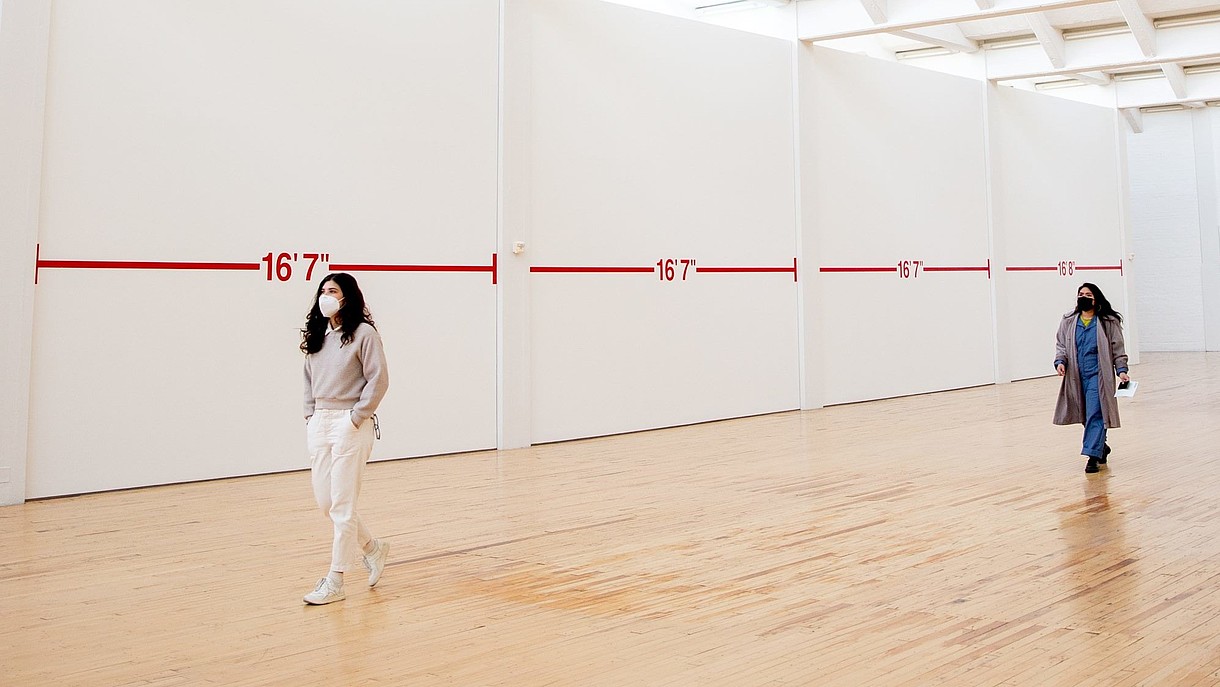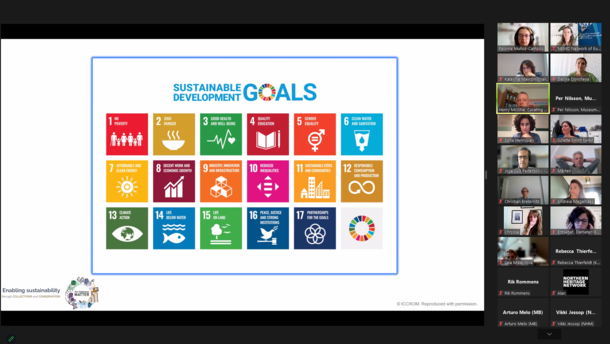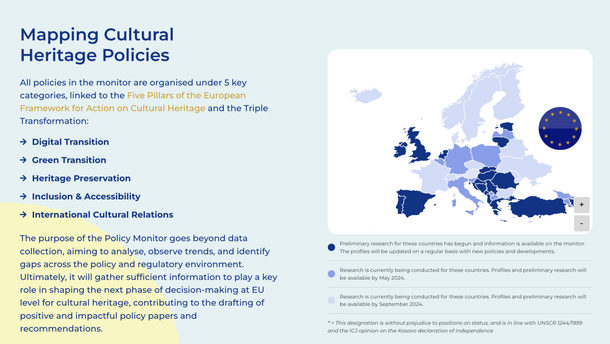In connection to nationwide Covid-19 restrictions, museums in Denmark have to stay closed for four weeks starting from yesterday 19 December 2021. The Association of Danish Museums is demanding adequate support for a challenging time to come. In a comment, they note the discrepancy of forcing museums and other cultural institutions to close when bars are allowed to keep open.
On 19 December, the Dutch government also decided that museums in The Netherlands must stay closed until 14 January 2022 in connection to a national lockdown.
Other countries have had recent museum closures, but they have been allowed to reopen. Austrian museums could open again on 10 December after having to stay shut since 22 November 2021. In Slovakia, museums could also reopen on 10 December after being declared an exception from the national lockdown that stared on 29 November. Latvian museums reopened on 15 November after being closed since 20 October due to a national lockdown.
Covid-19 passports
NEMO has received recent updates from 30 countries. The regulations for museums reflect the overall regulations of the country. Museums in 18 countries are required to ask for some kind of Covid-19 passport.
Austria, Estonia, Germany, Greece, Latvia, Slovakia and Switzerland only allow visitor who are vaccinated or recovered.
Belgium, Bulgaria, Croatia, Cyprus, Czech Republic, France, Italy, Lithuania, Slovenia and the United Kingdom require proof of vaccination, recovery or a negative test. Many Finnish museums have decided to ask for the same since Covid-19 passports allow museums to admit more visitors at the same time.
At the time of writing 10 countries do not demand any kind of Covid-19 passport: Hungary, Iceland, Malta, Norway, Poland, Portugal, Romania, Russia, Spain and Sweden. Some of these countries require Covid-19 passports for events that take place in the museum.
Museum visitors in the United Kingdom must wear a mask again and in Sweden there is no requirement to wear a mask.
Recent advocacy work
The Austrian Museus Association was successful in advocating for museums to be treated as trading companies, which means that if the shops are open, museum are allowed to stay open as well.
The Estonian Museums Association and the Ministry of Culture backed an exception to the demand for vaccination from 12 years to allow more children to join education activities at museums.
The Union of Museums in Slovakia advocated for the Department of Culture to allow museums to reopen in connection to the relaxation of some measures in Slovakia. They were successful since museums are excepted from the national lockdown and were able to reopen on 10 December.
The Swedish Museums Association stand behind a proposal of introducing vaccination passes rather than again receive recommendations to close as in November 2020. In the proposal (page 55), the government especially mentions the importance of ensuring access to museums even during the pandemic. Vaccination passes would ensure access for most of the population, whereas if museums must close no one is able to visit.
Find more details in the overview below and get a visual overview in our interactive map.





